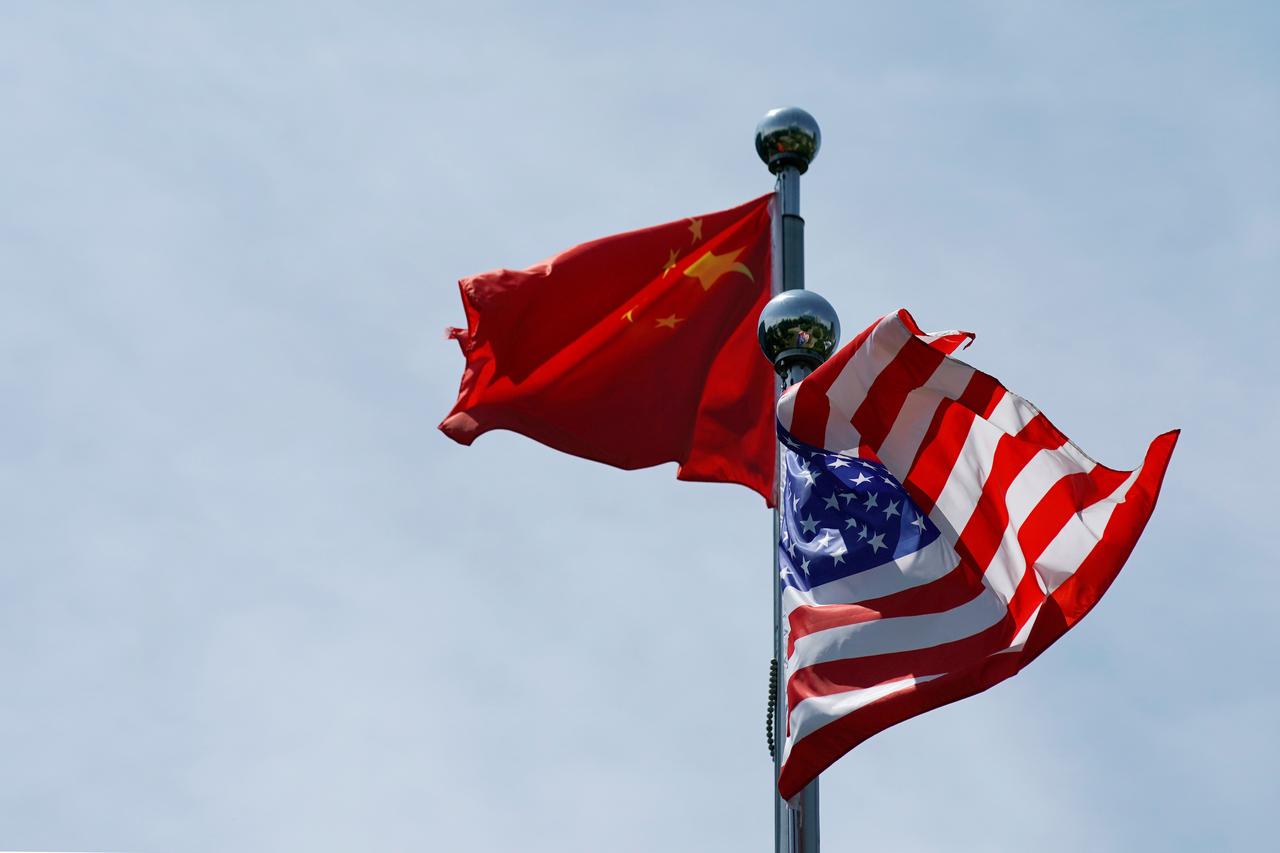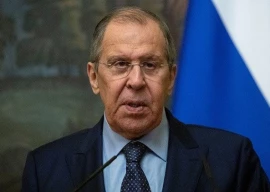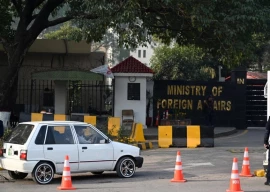
China has halted nascent nuclear arms control talks with the United States, the foreign ministry announced on Wednesday, in protest of Washington's continued arms sales to Taiwan, which Beijing claims as its territory.
This decision by China marks a significant setback for global arms control efforts, aligning Beijing with Moscow in refusing to engage with Washington on measures to curb a nuclear arms race, analysts noted.
Chinese Foreign Ministry spokesperson Lin Jian said repeated US arms sales to Taiwan in recent months had "seriously compromised the political atmosphere for continuing the arms-control consultations."
"Consequently, the Chinese side has decided to hold off discussion with the US on a new round of consultations on arms control and non-proliferation. The responsibility fully lies with the US," Lin told a regular news briefing in Beijing.
Lin said China was willing to maintain communication on international arms control, but that the US "must respect China's core interests and create necessary conditions for dialogue and exchange."
US State Department spokesperson Matthew Miller said China has chosen to follow Russia's lead by asserting that arms-control engagement cannot proceed while there are other challenges in the bilateral relationship.
"We think this approach undermines strategic stability, it increases the risk of arms-race dynamics," Miller told reporters.
"Unfortunately, by suspending these consultations, China has chosen not to pursue efforts that would manage strategic risks and prevent costly arms races, but we the United States will remain open to developing and implementing concrete risk-reduction measures with China."
The Chinese decision comes just over a month after the Biden administration said the United States may have to deploy more strategic nuclear weapons to deter growing threats from Chinese and Russian arsenals.
Daryl Kimball, executive director of the Arms Control Association advocacy group, said the US, Russia and China are legally bound as signatories of the Nuclear Non-proliferation Treaty - the cornerstone of global arms control - to "engage in talks to prevent the arms race."
"The only way they can accomplish that is through serious dialogue and Russia's refusal to do so and China's decision to do so are very serious setbacks," he said.
US and Chinese officials resumed nuclear-weapons discussions in November, but formal arms-control negotiations had not been expected any time soon despite US concerns about China's rapid nuclear weapons build-up.
The US estimates China has 500 operational nuclear warheads and will probably have more than 1,000 by 2030.
The US has a stockpile of about 3,700 nuclear warheads, of which roughly 1,419 strategic nuclear warheads were deployed. Russia has about 1,550 nuclear weapons deployed and according to the Federation of American Scientists, a stockpile of 4,489 nuclear warheads.


















COMMENTS
Comments are moderated and generally will be posted if they are on-topic and not abusive.
For more information, please see our Comments FAQ